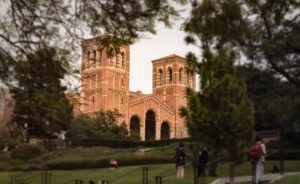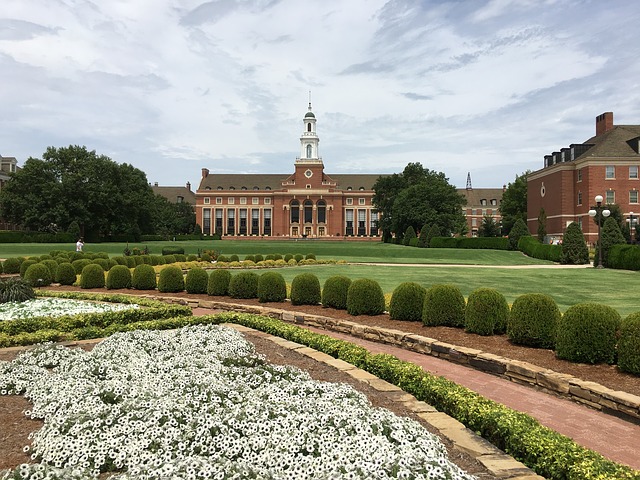The Three Most Important Things to Consider When Applying to College – Redux
As an experienced college admission counselor, I think about applying to college all the time!
In my blogs, I have listed many of the “most important things to consider”—probably too many times. I also visit a lot of colleges, as often as I can. A recent visit to Depauw University in Greencastle, Indiana, led me to think about some of the “most important things to consider” in a refreshing way.
While at Depauw, I had the pleasure of meeting President Mark McCoy, who shared his “top three” with me. I was so impressed by his advice for students that I asked if I might share these with you in a post. He graciously agreed.
1. Decide If You Want a Small School or a Large School
This is the first and most important factor to consider when choosing a college.
I am usually hesitant to lead with the size as one of the most important factors because I want students to first consider what they want from their education. In my mind, education comes first; the size of the school is a secondary consideration.
But I understand how important it is for a student to consider school size because this is something that cannot change. A small school cannot become large; a large school cannot shrink after you enroll. The size of the school is not flexible.
2. Decide If You Want a Liberal Arts Education or a Pre-Professional Emphasis
 I’ve been around higher education for decades. I sometimes forget that there is often confusion about what a liberal arts college is. The truth is, at most colleges and universities in the United States—large or small—the majority of students spend a large portion of their time studying subjects in the liberal arts.
I’ve been around higher education for decades. I sometimes forget that there is often confusion about what a liberal arts college is. The truth is, at most colleges and universities in the United States—large or small—the majority of students spend a large portion of their time studying subjects in the liberal arts.
Liberal arts are not “liberal” in terms of politics, nor are they focused only on “art” (painting, sculpting, etc.) In the simplest terms, the liberal arts are the most traditional (in some ways ancient) academic subjects in the sciences, humanities, social sciences, and the arts. These include biology, chemistry, physics, astronomy, all types of history, foreign languages, psychology, sociology, anthropology, philosophy, economics, literature… and more.
Majors that are considered to be pre-professional may look similar to the liberal arts but differ in subtle ways. For example, economics is a liberal arts major, while business is a pre-professional degree. Physics? A liberal art. Engineering? Pre-professional. Finally, while creative writing or literature are both liberal arts subjects, journalism and communication are pre-professional programs.
Obviously, most students are going to college with an eye on acquiring the skills and knowledge they will need in the world of work. But this alone does not suggest that they must commit themselves to a pre-professional major or a college with lots of these types of programs. Indeed, many educators (myself included) believe that the study of the liberal arts can lead to better preparedness for our complicated and ever-changing world of work.
3. Weigh How Committed a Particular Campus Is to Students
All college campuses are dedicated to teaching, but the truth is, they are not all committed to serving undergraduates equally.
In the broadest sense, the mission universities in the United States rests on three pillars: research, service, and education. Educating undergraduates is only one of three important university functions. And suffice to say that some universities may weigh the other pillars more heavily than educating undergraduates.
While a large research university may put a great deal of value on scholarship and research, this does not mean students will receive a less-than-excellent undergraduate education. But undergraduates at large research universities are more likely to compete for attention from professors who are deeply committed to their research outside of the classroom. Smaller colleges—especially those committed to a traditional, liberal arts curriculum—often put more emphasis on teaching undergraduates.
This is, of course, a generalization. Each college or university deserves to be considered in its own right. Nevertheless, when students are thinking about their college applications, they should take stock of their expectations regarding their preferred college classroom experience.
—–
If you are looking for an experienced professional to help you navigate the college admission process, please contact me. I am an Independent Educational Consultant with a vast background in the field of high school college counseling. I would be delighted to help guide you through the process with success. Click HERE to learn more about my counseling services.


